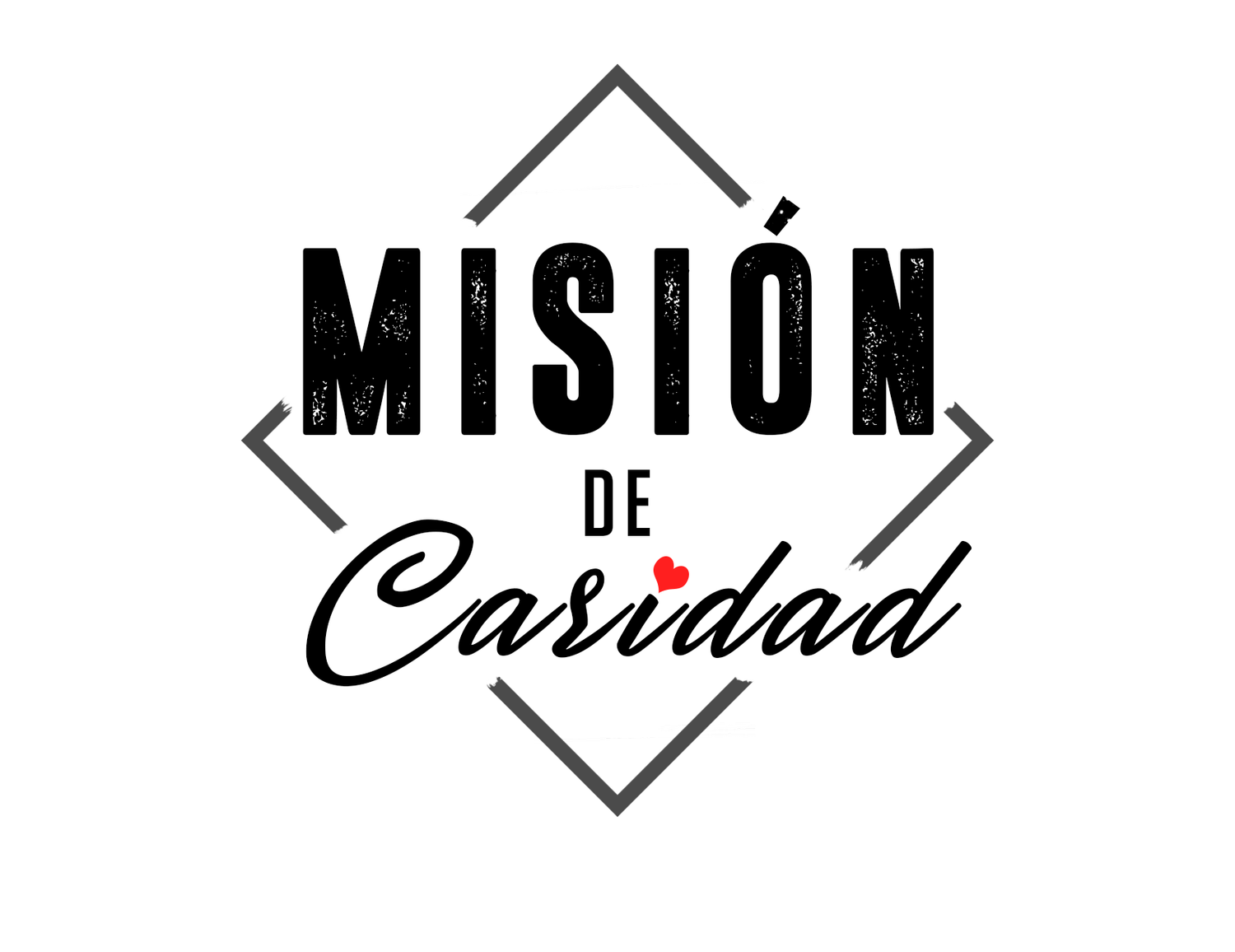On The Border: Healthcare Access for Refugees and Migrants
Andy Noh (MSN, CP) measures a patient’s blood sugar at our recent “Smiles and Screening” health fair.
Healthcare. Why does it Matter?
Nationality is a gateway through which people access many rights and services, including healthcare. When people become stateless or displaced, they cannot avail themselves of the protection of their country of origin*. They also lose the ability to access services they would normally enjoy as citizens. Additionally, migration is known to adversely impact physical and mental health outcomes, especially if the migration is irregular or forced. As a result, migrants and refugees are one of the most underserved groups of people when it comes to healthcare.
While healthcare is recognized as a basic right in many countries**, the Covid-19 pandemic has highlighted the inequalities of global healthcare access. Many migrants that arrive at the U.S.-Mexico border come from countries where the health system is underfunded. Even if they were entitled to affordable healthcare as citizens, such services may not have been available. As many South and Central American countries remained overwhelmed by the Covid-19 crisis, it is likely that more people will continue to seek better opportunities elsewhere - not just for economic reasons but for basic health care.
What is Misión de Caridad doing about this?
Dr. Joe Lee (DMD, MPH) examines a patient at our recent “Smiles and Screening” health fair.
During our recent “Smiles & Screening” event in San Luis Rio Colorado, Mexico, our team observed that amounts of soda consumption, combined with unhealthy eating has led to tooth decay, obesity, and subsequent health issues such as high blood sugar. The vast majority of dental exams showed significant tooth decay, cavities and gum disease. Many of the people we examined admitted to never or rarely brushing their teeth and it was clear they did not understand why it was important. We also noticed that many had vision problems and had common health issues such as diabetes and high blood pressure.
Many of the children we met had never used toothbrushes before and had to be shown how to use them.
In order for our work to be effective, consistency and education is needed. We are working on a monthly drop-in event where we will monitor blood sugar levels, provide maintenance drugs and implement new programs. We have updated our ongoing Feed-A-Family program to include toothpaste, an expensive luxury at the border. We are also looking to provide healthy recipes and food preparation as well as a weight loss challenge with an exercise plan.
We are already planning our next health fair in November, 2021. This time, our team will include an optometrist, a pediatrist and other medical specialists. You can hear more about our plans by joining our Smiles & Screening Roundtable on June 28th. Register here!
Healthcare is Dignity
Our “Smiles and Screening” event would not have been a success without these dedicated volunteers.
At Misión de Caridad, we are not only restoring healthcare access to people who have lost this essential service, but also offering it to some who have never experienced it before. By giving others the ability to care for their bodies, we are communicating the value we see in their lives. We are saying that they deserve dignity and the freedom to make good choices just much as we do.
We do not forget that there are many things our friends at the border can teach us. Perhaps they have insight into health and wellbeing that we do not. But we would like to humbly offer whatever resources we do have –wealth, knowledge, skills – as a stepping stone towards a future relationship based on equality and genuine care for each other.
Footnotes:
*The phrase “Unable or unwilling to avail themselves of the protection of that country” comes from the 1951 Refugee Convention, an international treaty that defined who a refugee is. It describes a situation in which a person cannot trust their government to guarantee their basic rights and adequately protect them from harm. UNHCR, 2001. “Frequently asked questions about the 1951 Refugee Convention”, UNHCR USA.
** The RIght to health is recognized in the Universal Declaration of Human rights (UDHR), the International Covenant on Economic, Social and cultural Rights (ICESCR, article 12), and in the additional Protocol to the American Convention on Human Rights (ACHR) in the Area of Economic, Social and Cultural Rights (Articles 10 and 11), which states that every person, regardless of their legal status, has a right to enjoy the highest attainable standard of physical and mental health.
References:
UNHCR. (2001). Frequently asked questions about the 1951 Refugee Convention. UNHCR USA.
Pan American Health Organization. (2018). Health of Refugees and Migrants. WHO Region of Americas.
The World Bank. (2020). Latin America & the Caribbean countries need to spend more and better on health to be better able to face a major health emergency like Covid-19 effectively. The World Bank.
Eunice Wong is the manager of blog content at Misión de Caridad. Her love for telling refugee stories began while working for UNHCR, Christian Aid, & PichaEats. When not dreaming up new story ideas, she can usually be found singing or enjoying a cup of coffee.





